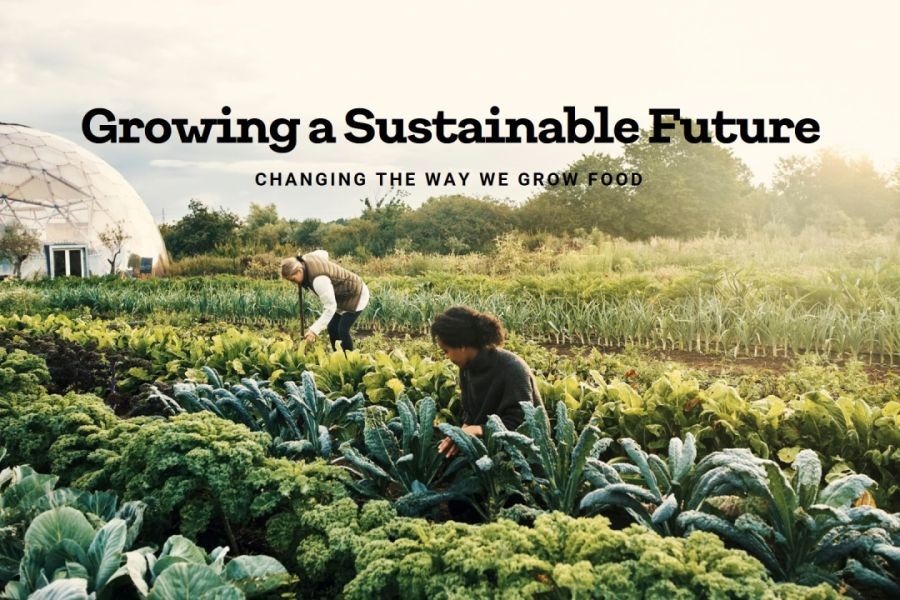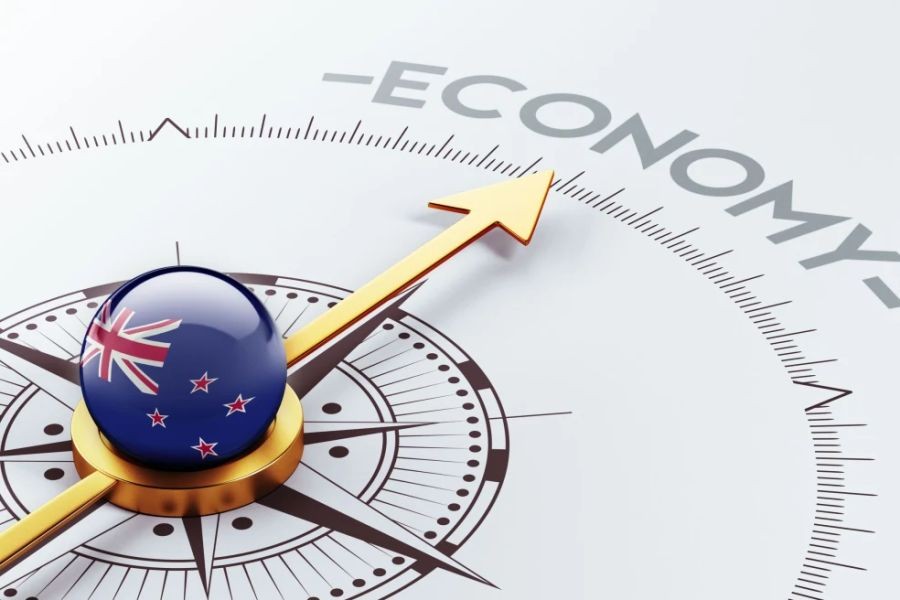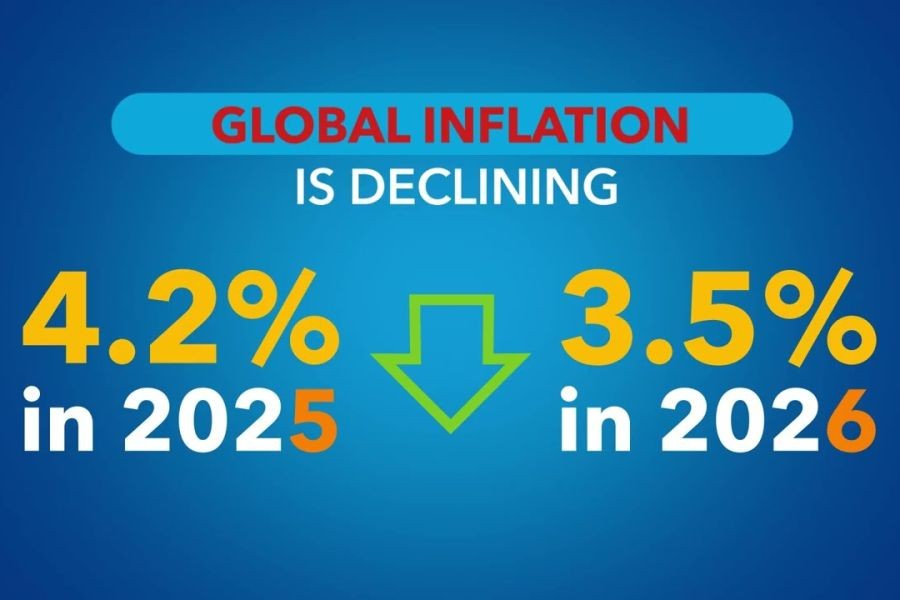In a rapidly changing global economy, the question of how shifts in international markets will affect Australian wealth by 2025 is crucial for investors, policymakers, and businesses alike. As Australia continues to navigate the complexities of post-pandemic recovery, geopolitical tensions, and evolving trade dynamics, understanding these impacts could spell the difference between opportunity and risk. With the Reserve Bank of Australia (RBA) predicting a moderate growth trajectory and inflationary pressures persisting, stakeholders must be equipped with insights to navigate these challenges effectively.
The Australian Economic Landscape: Current Trends and Projections
Australia's economy has been remarkably resilient, buoyed by strong commodity exports and robust domestic demand. According to the Australian Bureau of Statistics (ABS), the country's GDP grew by 2.7% in 2023, driven by sectors such as mining, agriculture, and technology. However, the global economic outlook remains mixed, with the International Monetary Fund (IMF) projecting a slowdown in growth due to geopolitical uncertainties and supply chain disruptions.
Locally, the RBA has kept interest rates relatively low to stimulate investment, but rising inflation—forecasted to reach 3.5% by 2025—poses a significant challenge. The RBA's monetary policy will play a critical role in balancing growth with inflation control, impacting everything from consumer spending to real estate investments.
Global Trade Dynamics and Their Impact on Australia
Australia's prosperity is heavily linked to its trade relationships, particularly with China, its largest trading partner. However, the decoupling of global supply chains, as nations seek to reduce dependencies, could reshape trade dynamics. The recent Free Trade Agreement with the UK is a strategic move to diversify Australia's trade portfolio, potentially offsetting risks associated with Chinese economic fluctuations.
Moreover, the rise of protectionist policies globally could pose additional challenges. According to the Australian Trade and Investment Commission, non-tariff barriers are expected to increase, impacting export competitiveness. Australian businesses must therefore adopt agile strategies to navigate these complexities, leveraging digital trade platforms and enhancing logistics efficiency.
Investment Opportunities and Risks in 2025
As Australia positions itself in a volatile global market, venture capitalists and investors should focus on sectors poised for growth. Renewable energy, spurred by governmental commitments to net-zero emissions by 2050, presents significant investment opportunities. The Clean Energy Finance Corporation reports that renewable projects could attract over AUD 20 billion in investments by 2025.
Conversely, the real estate sector faces mixed prospects. While urban centers like Sydney and Melbourne continue to experience price escalations, regional areas may see stagnation due to demographic shifts and remote work trends. Investors should adopt a nuanced approach, focusing on areas with strong infrastructure and demand growth.
Case Study: Atlassian's Strategic Growth Amidst Global Shifts
Case Study: Atlassian – Navigating Global Market Dynamics
Problem: Atlassian, an Australian software giant, faced the challenge of scaling its operations amidst intensifying global competition and evolving tech standards. The company's reliance on international markets made it vulnerable to geopolitical tensions and regulatory changes.
Action: To overcome these challenges, Atlassian diversified its product offerings and expanded its cloud services. The company capitalized on Australia's strong tech ecosystem and invested in local talent, aligning with governmental initiatives to boost digital innovation.
Result: Within two years, Atlassian's revenue grew by 34%, and its customer base expanded by 27%. The strategic focus on cloud services drove a 40% increase in subscription revenue, solidifying its position as a leader in the global software industry.
Takeaway: Atlassian's success underscores the importance of adaptability and strategic investments in high-growth sectors. Australian businesses can learn from this example by prioritizing innovation and leveraging local strengths to compete globally.
Regulatory Insights and Policy Implications
The Australian government's regulatory framework will significantly influence economic outcomes by 2025. The Australian Competition & Consumer Commission (ACCC) is expected to enforce stricter regulations on digital platforms to ensure fair competition, impacting tech giants and startups alike. Additionally, the Australian Prudential Regulation Authority (APRA) is likely to tighten financial regulations to safeguard against systemic risks, affecting lending practices and investment flows.
For venture capitalists, understanding these regulatory landscapes is vital. Adapting to changes in tax policies, such as the potential increase in capital gains tax, will be crucial for maintaining investment returns. Strategic planning and compliance will be essential for navigating these regulatory challenges effectively.
Pros vs. Cons Analysis of Australia's Economic Prospects
- Pros:
- Resilient Economy: Australia's robust economic foundations and diversified trade partnerships support sustained growth.
- Growth in Tech Sector: Government initiatives to boost digital innovation present lucrative opportunities for investors.
- Renewable Energy Investments: Commitment to net-zero emissions drives significant investment in renewable projects.
- Cons:
- Inflationary Pressures: Rising inflation could erode purchasing power and impact consumer spending.
- Geopolitical Uncertainties: Global tensions may disrupt trade and investment flows, affecting economic stability.
- Regulatory Challenges: Stricter regulations could increase compliance costs and impact profitability.
Common Myths and Mistakes in Navigating Economic Changes
Myth: "Australia's economy is immune to global shocks."
Reality: As a highly open economy, Australia is susceptible to global economic fluctuations. Diversifying trade partnerships is crucial to mitigate risks.
Myth: "Real estate is always a safe investment."
Reality: While property has historically been a stable investment, recent trends suggest that regional and demographic shifts could impact returns.
Myth: "Inflation is solely a domestic issue."
Reality: Global supply chain disruptions and geopolitical tensions contribute significantly to inflationary pressures in Australia.
Future Predictions for the Australian Economy
Looking ahead, Australia's economic landscape will be shaped by technological advancements, sustainability initiatives, and evolving global trade dynamics. The integration of artificial intelligence in sectors like finance and healthcare is expected to drive efficiencies and innovation, while the transition to a low-carbon economy will create new industries and job opportunities.
By 2028, Deloitte predicts that 40% of Australian banks will adopt blockchain-based cross-border payments, enhancing transparency and reducing transaction costs. Furthermore, Australia's focus on regional trade agreements could bolster export growth, particularly in emerging Asian markets.
Conclusion
As the global economy continues to evolve, Australia stands at a crossroads. By leveraging its strengths in innovation, trade, and sustainability, the nation can navigate the challenges of 2025 and beyond. For investors and businesses, staying informed and adaptable will be key to seizing opportunities and mitigating risks. Engage with us in the comments or join our newsletter for the latest insights and strategies to thrive in this dynamic economic landscape.
People Also Ask
How does the global economy impact Australian businesses? Australian businesses benefit from global trade dynamics, but are also vulnerable to international market fluctuations, which can affect demand and pricing strategies.
What sectors in Australia are poised for growth by 2025? Renewable energy, technology, and digital services are expected to see significant growth, driven by government initiatives and global demand.
How can investors mitigate risks in Australia's economy? Diversifying portfolios across sectors and geographies, staying informed on regulatory changes, and leveraging technological advancements can help mitigate economic risks.
Related Search Queries
- Australian economic forecast 2025
- Impact of global trade on Australian economy
- Investment opportunities in Australia 2025
- Australian regulatory changes 2025
- Future of Australian real estate market
- Inflation trends in Australia
- Renewable energy investments in Australia
- Australian trade agreements and impacts
- Post-pandemic economic recovery in Australia
- Geopolitical impacts on Australian economy






























rubenkitchen8
1 month ago